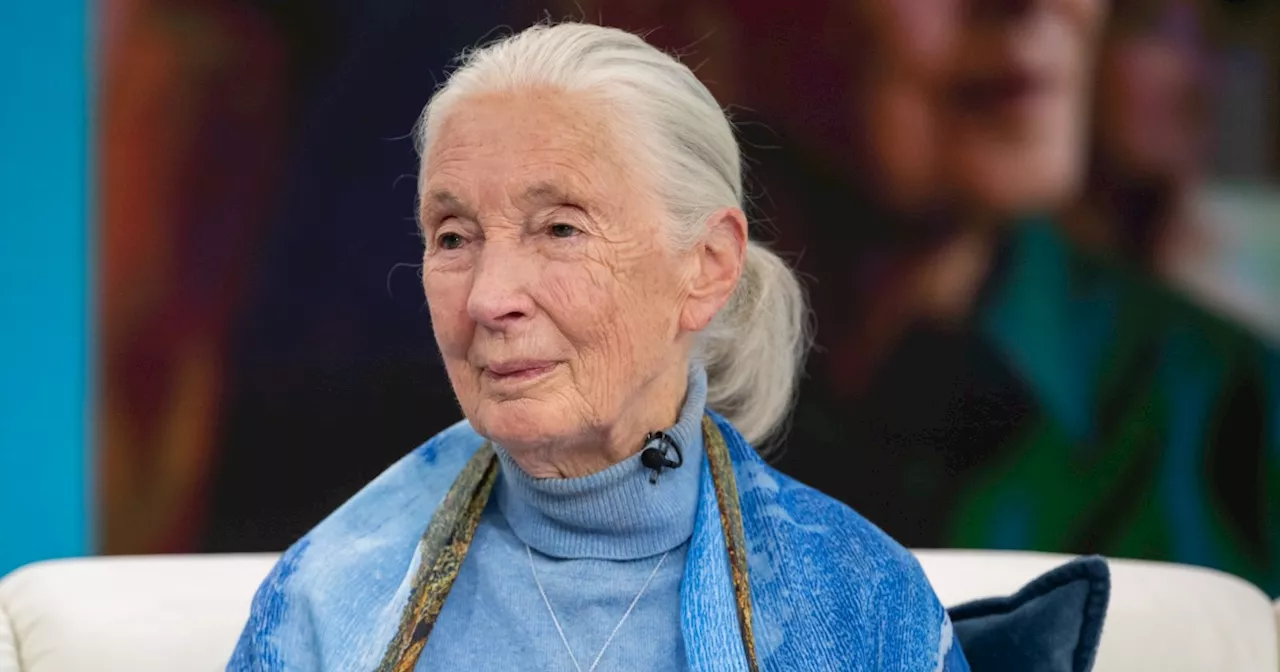Jane Goodall, the renowned British primatologist, passed away on October 1, 2023, at the age of 91 while on a speaking tour in California. According to the Jane Goodall Institute, she died of natural causes, leaving behind a monumental legacy that reshaped the understanding of animal behavior and conservation. Goodall is celebrated for her groundbreaking research on chimpanzees in Gombe National Park in Tanzania, where she was the first to observe that these primates not only used tools but also exhibited complex social behaviors.
Goodall’s influence extended far beyond her fieldwork. She became a vocal advocate for conservation, human rights, and animal welfare, notably campaigning against the use of animals in medical research. In 1977, she established the Jane Goodall Institute, a non-profit organization based in Washington, D.C., focused on wildlife research, education, and conservation efforts.
Challenging Scientific Norms
During her studies for a PhD at the University of Cambridge, Goodall broke conventional scientific practices by naming individual chimpanzees instead of using numerical identifiers. One of her notable subjects was a male chimp named David Greybeard, a decision that sparked criticism from established scientists who deemed it unscientific. Mireya Mayor, an anthropologist and primatologist, remarked, “It was criticized as unscientific, but she proved that science could extend its boundaries without losing rigor.”
Her research fundamentally altered perceptions of animal intelligence and emotions. Goodall was one of the first to demonstrate that chimpanzees possess emotions, empathy, and cultural behaviors, traits previously thought to be exclusive to humans. Her findings also revealed the dietary habits of chimpanzees, including their consumption of meat and involvement in aggressive behavior, challenging long-held assumptions about their nature.
In 1973, Goodall documented a significant social divide between two chimpanzee communities, which resulted in a four-year conflict and the deaths of all male chimpanzees in one group. According to Nick Boyle, executive director of Taronga Zoo in Sydney, Australia, Goodall’s work “redefined humanity” and transformed how we understand animal societies.
Inspiring Generations and Advocating for Change
Beyond her scientific contributions, Goodall’s legacy includes inspiring numerous women to pursue careers in fieldwork and conservation. In 1961, she was one of the few students admitted to a PhD program at Cambridge without an undergraduate degree, completing it in 1965. Mayor emphasizes that Goodall demonstrated how a young woman, without formal scientific training, could profoundly influence science and animal understanding.
Her impact is evident in the story of Alison Behie, an anthropologist at the Australian National University. After attending a lecture by Goodall, Behie switched her studies from microbiology to anthropology, ultimately focusing on primatology and conservation. In 2017, Behie had the opportunity to introduce eight of her female students to Goodall during her visit to Australia, completing a full circle that highlighted Goodall’s influence on the next generation.
Goodall’s ability to connect scientific research with relatable human experiences played a significant role in her popularity. By illustrating the emotional bonds between chimpanzees, akin to those between parents and children, she made the scientific community’s findings accessible to the public. Her storytelling skills allowed her to engage audiences on crucial issues of conservation, fostering a sense of responsibility toward distant animals and ecosystems.
According to Euan Ritchie, a conservation scientist at Deakin University in Melbourne, Goodall showcased that researchers could be both advocates and credible science communicators. Her commitment to mentorship was evident, with Boyle noting, “She was a messenger of hope,” emphasizing her focus on empowering young people through her youth program, Roots and Shoots, established in 1991 to involve children in conservation efforts.
Despite her public persona, Goodall was also known for her vibrant personality. Mayor shared, “What most people don’t know is that Jane was incredibly fun and flirtatious, even at 90.” This multifaceted character contributed to her enduring appeal and the lasting impact she had on science and conservation.
As the world reflects on the legacy of Jane Goodall, her pioneering work continues to inspire and challenge the boundaries of scientific inquiry and conservation. Her life’s work serves as a reminder of the profound connection between humans and the natural world and the importance of advocating for the voiceless creatures with whom we share the planet.
